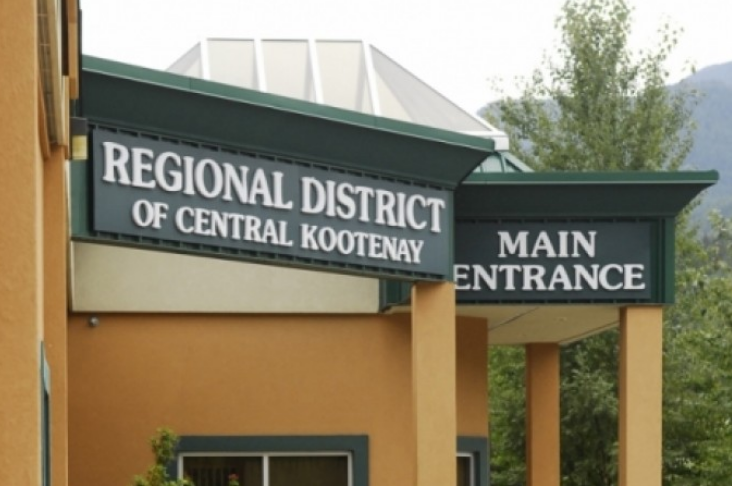Public display on Climate Actions prompts further public engagement
Public engagement on regional district climate actions will continue after nearly 100 people showed up at the April 20 regional district board meeting to raise concerns over a lack of engagement.
As a result of the public display, the Regional District of Central Kootenay (RDCK) board of directors supported a request to delay adoption of the RDCK Climate Actions plan to the Aug. 17 board meeting to allow for continued public engagement.
This means the regional district staff will now set up more public consultations in communities throughout the RDCK in order to “engage residents on the Climate Actions plan and respond to all questions from residents, noted a press release from the RDCK.
The Climate Actions plan is a four-year plan with a scheduled review at year two (2025) and is focused on identifying and finding solutions for climate action that reflect the needs of RDCK residents.
“As it is implemented, residents will be able to shape and guide the outcomes of many of the actions,” said Paris Marshall Smith, RDCK sustainability planner, in her report to the board.
Climate Actions
The Climate Actions are organized across 10 pathways: land use and planning; transportation and mobility; energy; buildings; resource recovery; water; food and agriculture; floods and geohazards; wildfire; and leadership and operations.
The action plan comes out of the RDCK Climate Action Strategy with the goal of a more resilient region and low carbon operations, said RDCK board chair Aimee Watson last month.
“RDCK Climate Actions is a four-year action plan focused on solutions that work within a rural landscape,” she said. “Responding to the climate crisis requires participation from all of us. The RDCK is laying out our pathway to a low carbon future with the ultimate goal of supporting resilient communities, reducing risks of climate change while building healthy and sustainable communities.”
There are a total of 96 actions detailed in the draft, with over 60 pulled from various departments within the RDCK, and the remaining actions gleaned from consultations with experts and community engagement.
Going public
Details of the public consultations will be released at a later date.
For more information on the plan, including frequently asked questions, go to www.rdck.ca/climateaction.
Any feedback on the RDCK Climate Actions: please click here to submit your response or email [email protected].
Taking it to the streets
Between September 2022 and April 2023 the draft RDCK Climate Actions was shared with residents, First Nations, community groups and member municipalities through six online community sessions, two in-person community sessions, two radio interviews and over 15 phone conversations.
“These conversations were with residents across the RDCK and largely relayed a positive response to the plan,” said Marshall Smith.
As requested, RDCK staff also met with individual groups to hear their specific concerns and questions.
“This shorter less intensive period of engagement was endorsed by the board based on an understanding that residents were over-engaged — due to meetings about FireSmart, resource recovery, official community plans, new development permit areas etc. — and, that given the many years of discussion and engagement regarding climate action, it would be best to avoid a full engagement,” said Marshall Smith.
“In light of this, it should be noted that trying to balance the consultation pendulum is tricky and will elicit a predictable response – a low level of engagement will be met with criticism, by some, for lack of time to review and participate; and a high level of engagement will be met with criticism, by some, for being too expensive, too much time and too onerous.”
Source: RDCK April 20 agenda
Climate Action response
“When responding to the climate crisis, rural communities are uniquely challenged.
“RDCK rural communities face pressures such as watershed development, geohazards, limited (and often no) access to public transit and power grid instability.
“This context requires a different response than the more common urban climate action model.
“RDCK Climate Actions supports actions that reflect the RDCK rural reality and identifies methods to understand and target other community and neighbourhood specific solutions through tools like hosting learning labs, think tanks, hubs and pilots.”
Some investigations include:
• active and low carbon mobility;
• investigate options to offset fossil fuel intensive back-up systems and create more reliable power supply;
• investigating low carbon options for wildfire fuel treatments;
• rural business support; and
• investigating re-use of construction and de-construction materials.
The cost for the plan is estimated at $1 milion plus staff time over the four-year period.
Source: RDCK April 20 agenda

























